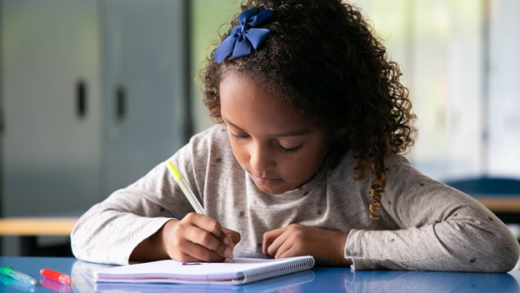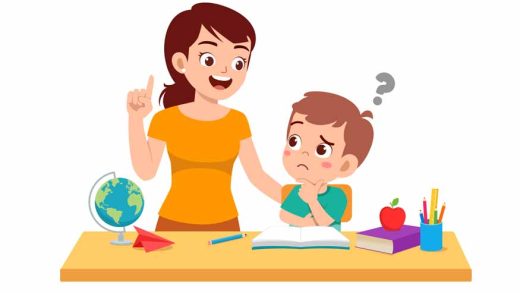When your child is in preschool, they may learn a lot about themselves. They will also learn about interacting with people around them. They may develop traits that help them grow better. For example, at age three, they can show they rely on you less. This means their identity is stronger and more secure. They develop their actions instead of just playing alongside other children. They play with them by interacting. In essence, they become more socially interactive with people around them. You will also find that children start to drift towards some kids. They develop friendships with them. These friendships they create. They make them discover they too have special qualities that make them likeable. This discovery boosts their self-esteem. These actions and tendencies are an indicator of their social development.
How does your child develop into learning to cooperate?
Your child’s development at the age of 3 involves more. They become more aware of and sensitive to others’ feelings and actions. This change lets them stop competing and learn to cooperate with friends when playing. Instead of grabbing, whining, fighting, and screaming for something, they will become polite to ask about something. You will see less aggressive behaviour and calmer play sessions when they are polite. Thus, three-year-olds can sort out solutions to disputes by taking turns or trading toys.
But sometimes in the beginning, you would need to encourage them to be cooperative. For example, you might suggest to them that they use their words to deal with the problem instead of acting out. Also, some other suggestions to give include reminding them that each child gets an equal turn when two children share a toy. Suggest ways to reach a simple solution when your child and another child want the same toy. For example, ask for the first turn or find another toy or activity. This might not work all the time but it’s worth a try. These tips are essential to driving cooperation in the activities of your child’s development.
What to do when anger or frustration gets physical?
No matter what you do, there will be some times when your child’s anger or frustration gets physical at a preschooler’s age. When that happens, advise restraining them from hurting others. If they don’t calm down quickly, tell them to move away from other children. In this situation, talk to them about their feelings and why they are so upset. Make it clear that you understand and know their feelings but advise them that it’s not good to attack other children to express their emotions.
Saying Sorry
Next, the social development of preschool children also happens when you have to say sorry and help your child by asking them to see the situation from the other children’s view. Remind them of a time when someone hit or screamed at them. Then, suggest better ways to end the fights. The final step is to understand what they have done wrong, but before asking them to apologise to the other child. Simply apologising by saying, “I’m sorry” may not help your child to correct their behaviour, but they also need to know why they are apologising. They may not understand this at the beginning of their preschooler’s age, but by age four these explanations will begin to mean something.
Make believe play
Usually, the normal interests of a three-year-old keep their fights to a minimum. They focus on games that are for fantasy play. They are more cooperative than games focused on toys. It is a known fact. Preschoolers love to assign roles in a game of make-believe using imaginary or household objects. This play helps develop important social skills. These include taking turns, paying attention, communicating, and responding to one another’s actions. These important skills drive the social growth of your kids in the long run. There’s another benefit of make-believe. Pretend roles let kids be whatever they want, such as superheroes or fairy godmothers. This lets them explore complex social ideas. And in addition, it helps improve executive functioning like problem-solving.
Gender Stereotypes
Apart from these ways to help your child’s social growth in preschool, there are other factors to consider in their social development. These factors include the development of gender roles and identity. Gender variants in children have different toy, interest, and friend preferences. They also have different mannerisms. These are more often linked to the opposite sex. These three-year-old children double down on gender stereotypes. This often happens at an age when a gender-expansive child stands out.
Preschoolers’ social development is complex. It plays a key role in shaping their future interactions and relationships. Preschool children learn key social skills through play, peer interactions, and guidance. Caregivers and educators teach skills like communication, cooperation, empathy, and conflict resolution. These skills are the foundation for good relationships. They also lead to positive social interactions later in life.
Also, many things affect preschool children’s social development. These include cultural norms, family dynamics, and a child’s temperament. Understanding and supporting these factors is key.
We understand the fears the parents might have when it comes to their children’s well-being in terms of their social growth. Worry not, Kangaroo Kids International Preschool provides the best in-house care facilities when it comes to dealing with preschoolers. We provide all the facilities to nurture your child to enhance their social growth. For admission-related queries, contact us today.









